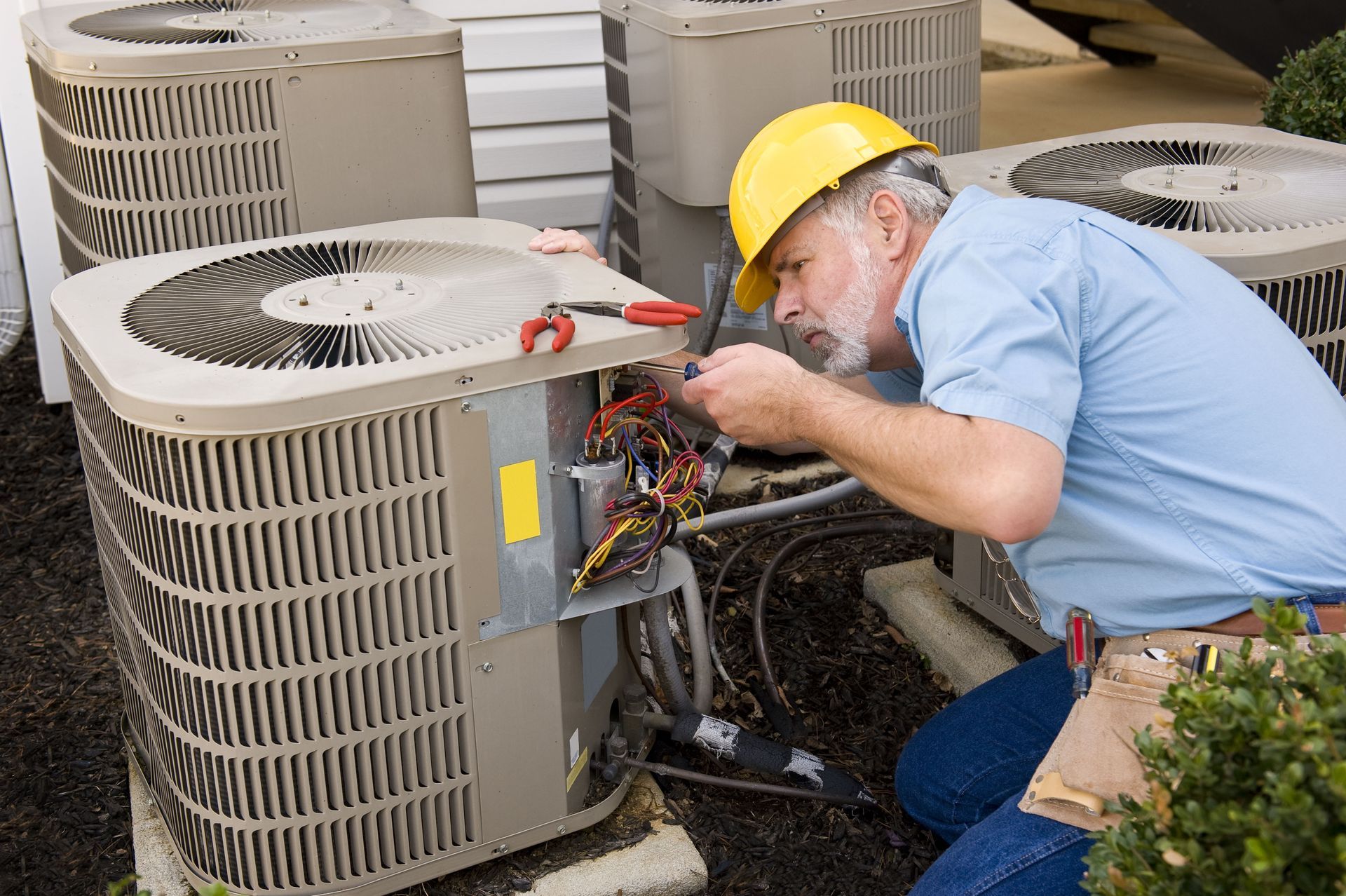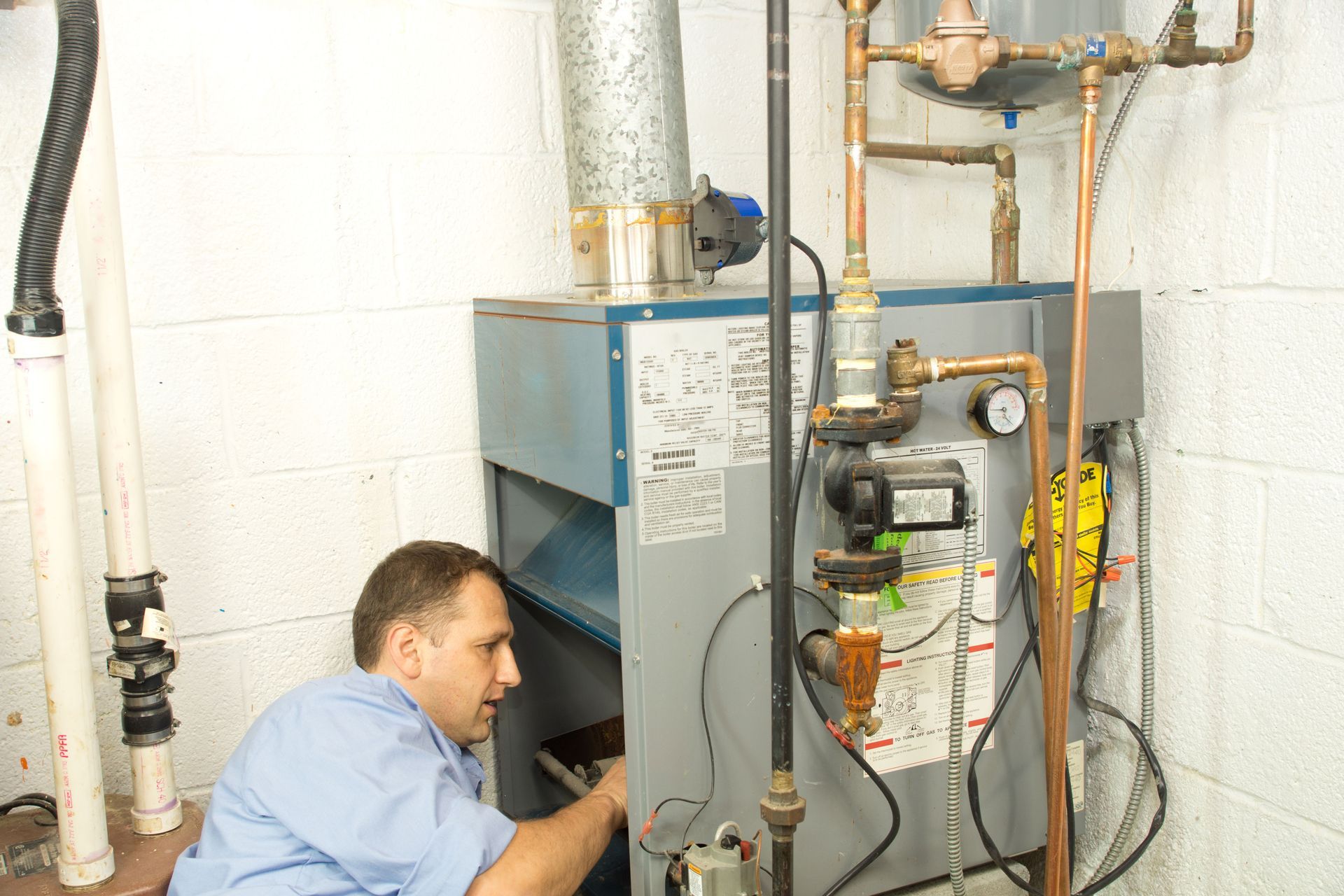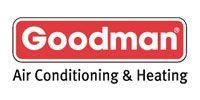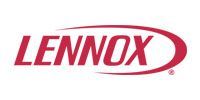How Regular HVAC Maintenance Saves You Money on Energy Bills
HVAC maintenance and repair are crucial for anyone with an HVAC unit. You never know the unit will break, and sometimes it happens when you need it most. This is why hiring professional HVAC services can serve you in the short term and in the long run with your energy bills.
Overview of HVAC System Components
HVAC systems, short for Heating, Ventilation, and Air Conditioning, play a critical role in maintaining indoor comfort. The core components of these systems include furnaces, air conditioners, heat pumps, ductwork, and ventilation fans. Each component has a unique role; for instance, furnaces and air conditioners regulate temperature, while the ductwork ensures the distribution of air throughout the property. Ventilation fans help manage air quality by exchanging indoor air with fresh outdoor air. As these components work in tandem, any failure in one part can significantly impact the system's overall efficiency.
A well-maintained HVAC system, with help from HVAC services, can lead to excellent energy savings, as it runs more efficiently and requires less energy to achieve desired comfort levels. However, outdated or poorly maintained systems struggle to manage airflow and temperature control, which increases energy usage. According to the US Department of Energy, air conditioning accounts for 12% of a household's energy use, so maintaining these systems becomes crucial for managing energy expenses. An efficient HVAC system not only provides optimal comfort but also helps reduce energy bills over time.
In unmaintained systems, the accumulation of dust and debris creates a barrier, forcing components like the blower and fans to work harder, thereby increasing energy consumption. Furthermore, leaks and inefficiencies within the system can exacerbate energy use, driving costs even higher. By understanding the basic components and their functions, property owners can better appreciate the value of keeping their HVAC systems in top condition. Additionally, knowledge of energy standards and benchmarks can guide owners in improving energy efficiency and performance.
Relationship Between HVAC Efficiency and Energy Use
The efficiency of an HVAC system directly affects how much energy it consumes. Greater efficiency means the system can provide the same level of heating or cooling using less energy. Regular maintenance keeps the components like compressors, coils, and ducts clean and tuned, enabling them to perform optimally. Without proper upkeep, these elements may become clogged or damaged, reducing the system's capability to function efficiently. This inefficiency not only leads to increased energy consumption but also results in higher utility bills.
Regular maintenance from HVAC services, such as filter changes and inspections, plays a vital role in ensuring efficiency. By keeping HVAC systems clean and well-maintained, property owners can prevent the wasteful use of energy and subsequently reduce their carbon footprint. When systems operate efficiently, they can decrease unnecessary strain, reducing wear and tear and extending the lifespan of HVAC components. Consequently, energy audits to gauge efficiency levels can help in identifying specific inefficiencies and implementing targeted solutions. Maintaining efficient HVAC systems represents a sustainable option both economically and environmentally.
For property owners, efficiency in an HVAC system means consistent performance and comfort. The balance between optimal performance and energy consumption is crucial for comfort temperature regulation. An efficient system retains its capacity to heat and cool spaces effectively without exerting additional energy, fostering energy conservation. To protect these benefits, routine maintenance checks should never be overlooked or delayed. Consistent performance stemming from system efficiency also leads to better indoor air quality, an invaluable aspect of maintaining any residence or business space.
Impact of Outdated Systems on Energy Bills
Outdated HVAC systems typically fall far short of modern energy efficiency standards, heavily influencing energy bills. Older systems may have several inefficiencies due to wear, obsolete technologies, or outdated designs. Such systems struggle with optimal air distribution and may run longer cycles to achieve desired temperatures, consequently escalating energy usage. These extended cycles not only raise utility costs but also put undue stress on supporting components, leading to frequent breakdowns and repairs. Thus, updating or properly maintaining these systems becomes a financially prudent decision.
Technological advancements in recent years have significantly improved the design and functionality of HVAC systems, offering more energy-efficient options. Modern HVAC systems often possess variable speed motors, smart thermostats, and improved compressor technology, which contribute to reduced energy consumption. By replacing older systems with newer models featuring these technologies, property owners can significantly lower their energy expenditures. Regular evaluation and overhaul of outdated systems can prevent exacerbated maintenance and energy costs, championing both affordability and environmental stewardship. Furthermore, technology upgrades can justify their initial investment through long-term savings.
In considering an upgrade or replacement of an outdated HVAC system, property owners should weigh both immediate and long-term financial implications. Despite the upfront investment in modern systems, the decline in utility expenses and the reduction in maintenance issues represent attractive savings. Moreover, some regions may offer financial incentives, such as rebates or tax credits, for upgrading to energy-efficient systems. This can make energy-efficient HVAC systems from professional HVAC services not only accessible but also economically advantageous. Therefore, understanding the inherent benefits of energy-efficient systems compels informed decision-making for both residential and commercial spaces.
Energy Standards and Benchmarks for HVAC Systems
Energy standards set benchmarks for HVAC systems that help measure their efficiency, influencing consumer decisions and regulatory compliance. Organizations such as the Air Conditioning, Heating, and Refrigeration Institute (AHRI) and the US Department of Energy (DOE) establish standards for energy efficiency through criteria like Seasonal Energy Efficiency Ratio (SEER) and Heating Seasonal Performance Factor (HSPF). These ratings guide consumers in selecting systems that balance performance with energy consumption.
Following these standards involves choosing components and systems designed to meet desired efficiency levels under specified conditions. Additionally, certifications like ENERGY STAR help consumers identify systems that perform well while consuming minimal energy. This impacts both immediate utility bills and long-term property expenses, aligning with eco-friendly objectives. Compliance with these standards is vital for property owners seeking to optimize energy use and reduce their carbon footprint.
Energy benchmarking and compliance encourage manufacturers to innovate and produce products with better energy efficiency. As technology improves and regulations tighten, customer demand for energy-efficient products rises. This competitive landscape benefits owners through the introduction of sustainable products with advanced functionalities. Consumers gain access to a diverse array of efficient HVAC systems conducive to varied climates, building types, and personal preferences.
Comparative Analysis of Energy Consumption in Maintained vs. Unmaintained Systems
A comparative analysis between maintained and unmaintained HVAC systems illustrates the profound impact of regular servicing on energy consumption. Maintained systems exhibit superior efficiency, with components like filters, coils, and blowers functioning optimally to ensure minimal energy wastage. Conversely, unmaintained systems are often plagued by clogged filters, dirty coils, and other obstructions, requiring more energy to perform similar functions.
To highlight these contrasts, maintenance programs from HVAC services that involve periodic inspections, cleaning, and tune-ups are essential. These programs prevent system strain by ensuring components remain in peak condition, reducing the likelihood of significant energy loss. Energy audits serve as critical tools in identifying inefficiencies and customizing maintenance focuses, while simple practices, such as regular filter replacement, foster substantial savings.
Hiring professional HVAC services can help you save money on your energy bills. Don't hesitate and give All 4 One Heating & Cooling a call today.







Share On: